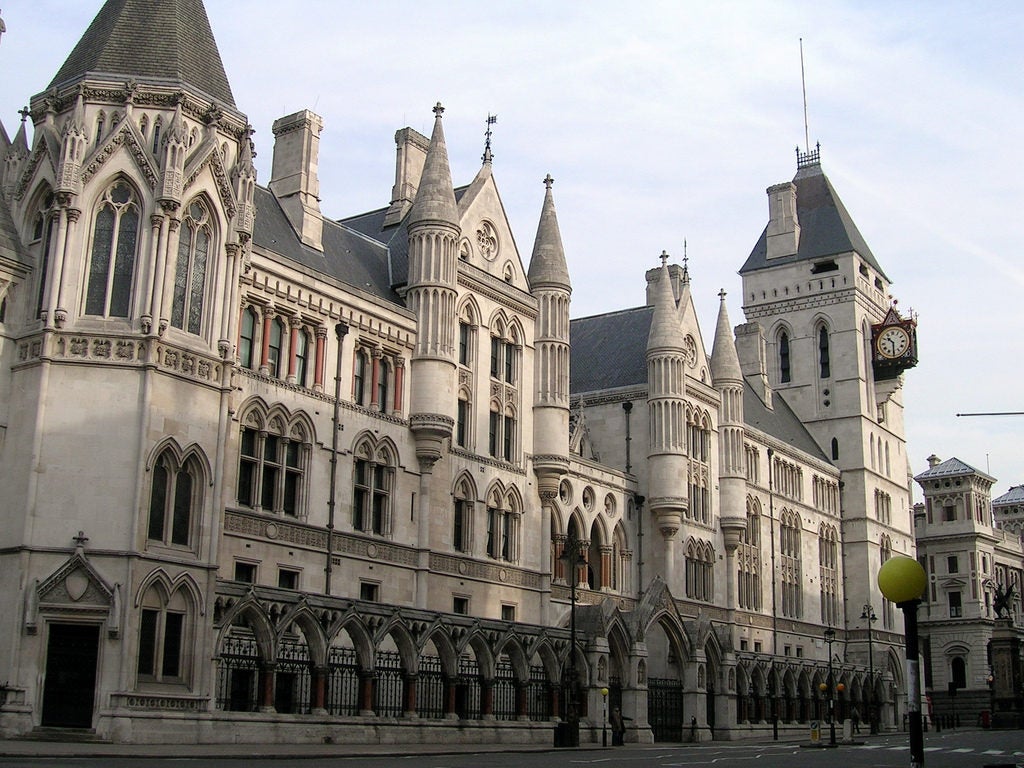
A high-profile man who is the subject of an injuncted BBC investigation has lost a bid to have a statement contesting the injunction turned over to police.
Lawyers for the anonymous celebrity argued that a statement the BBC provided to argue against the injunction contains information that would help the police decide whether or not to charge him over allegations of sexual misconduct.
But on Monday a High Court judge rejected the man’s claim. Mrs Justice Collins-Rice said that if the police want to see the sealed document, as they have indicated they do, they may follow procedures laid down already in the Police and Criminal Evidence Act 1984.
What is the background to Monday’s ruling in WFZ v BBC?
In June last year the High Court granted anonymity to a well-known man, identified as WFZ, who had been accused of sexual misconduct by several women.
Although WFZ had been arrested in relation to two allegations of sexual misconduct, and interviewed over a third, he had not then and still has not been charged.
The BBC had been set to broadcast the allegations, but judge Mrs Justice Collins Rice ruled last summer there was a “substantial risk” that doing so would impede or prejudice any criminal proceedings against WFZ.
[Read more: Why true stories about active investigations are going untold]
As part of the BBC’s efforts to resist the injunction, the journalist who reported the story submitted a witness statement to the court which included information about how they learned of the allegations and their interactions with WFZ’s accusers. That witness statement is protected by the anonymity order along with the rest of the court file.
However, in August WFZ’s solicitors wrote to the BBC saying that they intended to refer to the BBC journalist’s witness statement in their representations to the police and the Crown Prosecution Service ahead of any decision on whether or not to charge him.
Specifically, the solicitors said they wanted to draw attention to “significant discrepancies” between what WFZ’s accusers told police about him and what they told the journalist.
What was the legal dispute this time?
The BBC journalist refused permission for their witness statement to be used by WFZ’s solicitors, so lawyers for WFZ asked Mrs Justice Collins Rice for the court’s permission instead.
Representing WFZ, Mr Jacob Dean argued that his client was “seeking permission to use material properly in his own hands for a purpose which is entirely consistent with the injunction he obtained and other privacy rulings by which it is protected”.
But representing the BBC Mr Adam Wolanski KC said the request was an attempt to give police access to journalistic material without going through the proper channels already laid down in the law.
Wolanski also referred to a precedent whereby another court accepted that “it is critical that the media are able to speak to sources, including alleged victims of sexual abuse, without those individuals fearing that a record made of their account by a journalist can be obtained by the police and made available to defence counsel to attack their credibility at a trial”.
Mrs Justice Collins Rice agreed that the witness statement contained journalistic material as defined by the Police and Criminal Evidence Act 1984 (PACE), which lays out the circumstances in which police can and cannot compel newsrooms to hand over information.
She also noted that the police have already said they intend to file a PACE production order application in order to see the BBC journalist’s witness statement.
As a result, she said, WFZ was seeking an exemption “alternatively and prematurely to achieve a result the criminal law enforcement agencies have already given the clearest indication of preparing to pursue themselves…
“There is at least enough of a prima facie issue about the journalistic content of the June [witness statement] to persuade the criminal law authorities they need to apply for a production order to get it.
“That is the obvious next step in the criminal proceedings and I have been given no good reason to interfere with or intervene in it.”
Since 2022 news publishers have been reckoning with a Supreme Court ruling, Bloomberg LP vs ZXC, which determined that a person under criminal investigation cannot be named by the media until they are charged, even if they are arrested.
Read the latest WFZ versus BBC judgment in full.
Email pged@pressgazette.co.uk to point out mistakes, provide story tips or send in a letter for publication on our "Letters Page" blog
